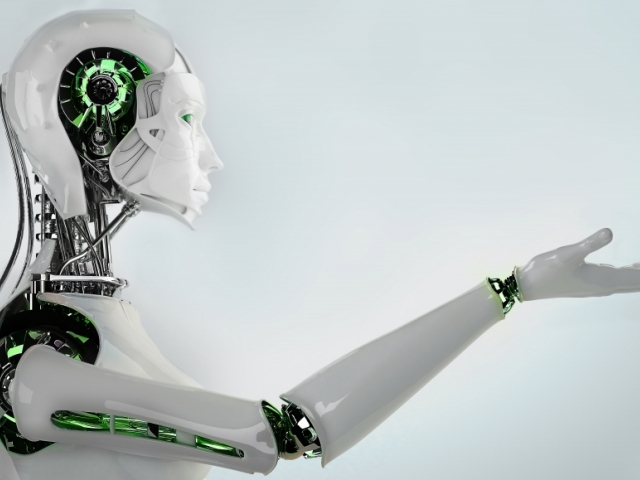
Many fantasists, scientific minds of our age and historic time thought of the future of humanity, especially of cooperation between a man and a robot. It's interesting to imagine how the destiny of an alive intellectual being and an artificially created mind will work out, how they will collaborate. Will we see their confrontation or struggle for a place in the sun? We'll try to hunt down the question and to state the most popular hypotheses.
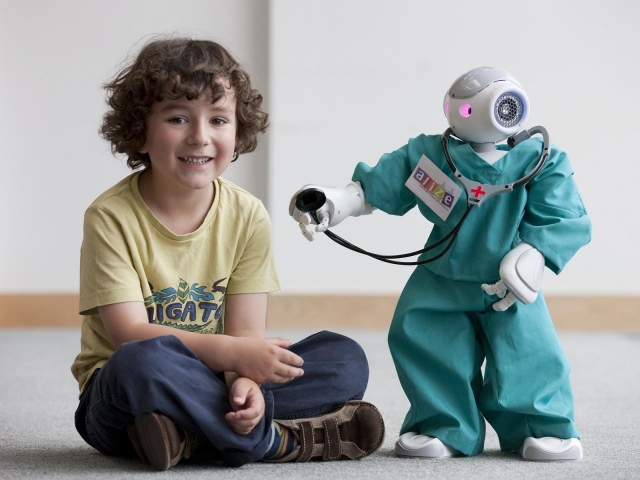
At the present time a variety of the newest automated system, controlled by computers, were created following the innovational technologies. However, it is a long way to an independent powerful artificial intellect, which is able to be self-aware. Nevertheless, many machines fill place of a human being successfully not only by physical labour, but also by intellectual one.
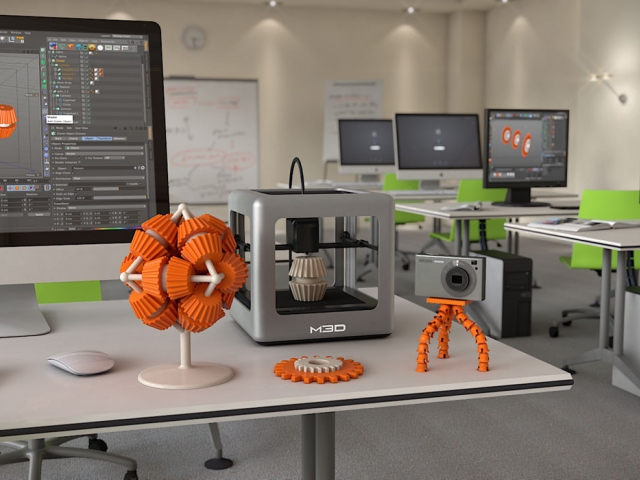
For example, thanks to 3D printers' developing a great number of work places in manufacturing and logistics have already been liquidated. Driverless cars have materialised. According to the experts, about 50% of all work places in the USA will be automated by 2033. Many professions will become history and a robot will stably take a human being's place.
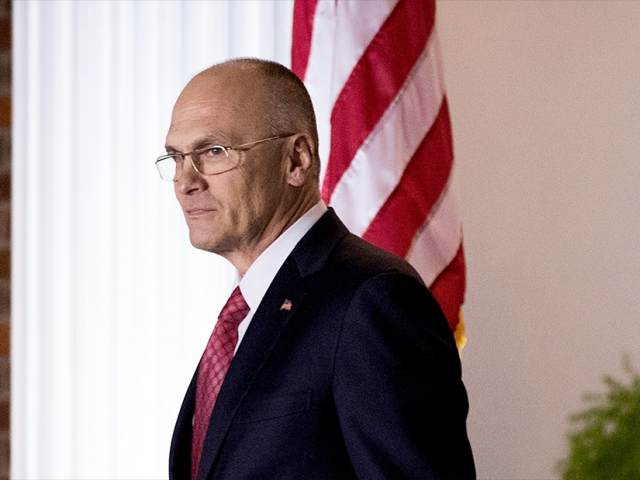
The experts are sure that changes will touch the banking system. According to Michael Rogers, the President of the Boston bank State Street, at the moment the company employs more than 30 thousand employees, but in 3 years every fifth one will be laid off as his functions will pass on to a computer program. An owner of a major fast-food holding company Andrew Puzder (in the picture), promoted by Donald Trump as the United States Secretary of the Department of Labor, also advocates for the automation of working places. He considers that a robot's labour is more advantageous than a human's one, as machines are stronger, with a focus on excellent results, not sickly and so on.
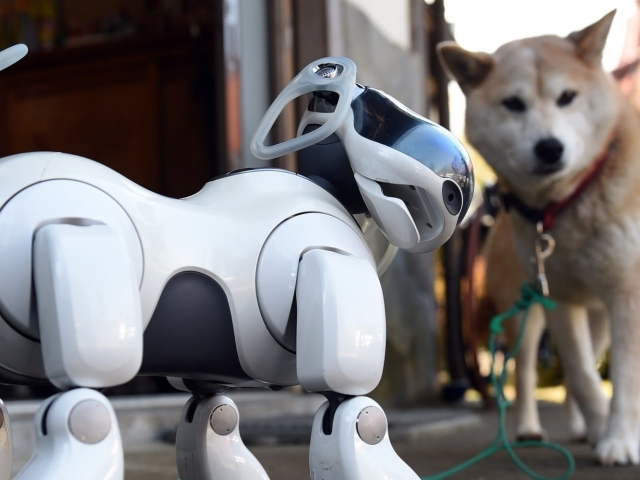
In the matter of cooperation between a man and a robot it is worth to listen to more competent specialists' advices, who often talked about the fourth or even the fifth industrial revolution, the third wave of globalization and the negative effect of these events. The previous year became indicative of it, especially in the USA. In the due year the tendency will continue in Europe where the elections in Germany, France and Holland are coming. The issues of nationalism and identity, and also of the economic distract and the growing feeling of inequality are brought up within the context.
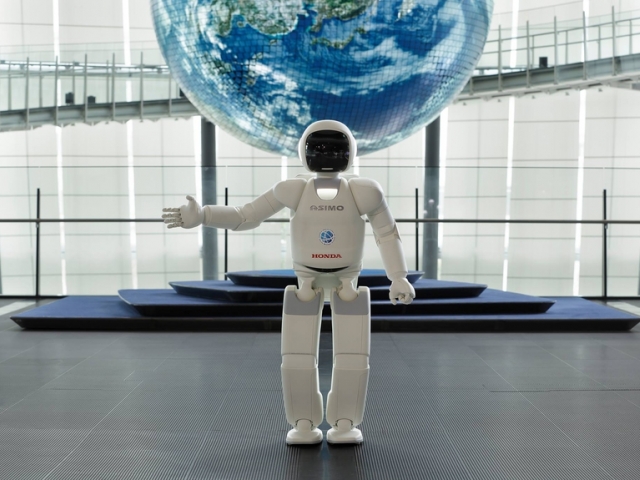
According to the professor Richard Baldwin, one of the leading economists, the situation will become very tense in the following. He predicts, for example, that robots will do out in hotel suites of London, and they will be controlled by people, who are in Kenya or in Buenos Aires, where such work is 10 times lower than in Great Britain. In view of the future economic distract the leading experts and consultants are almost in panic. They have nothing to suggest for solving the question, besides of trade barriers, which won't eliminate the problem in full.
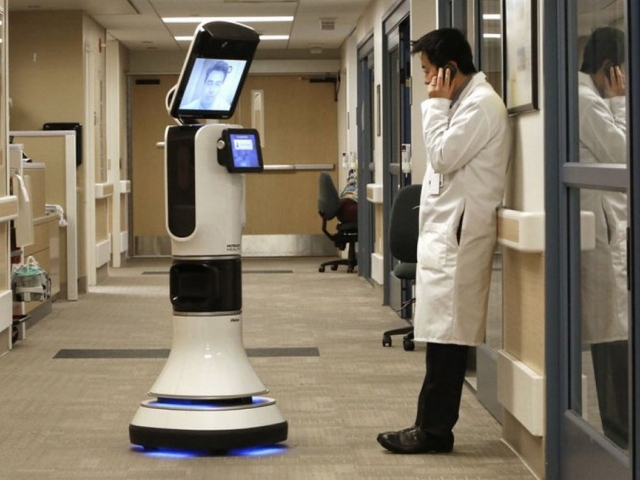
According to Chief Economist of the International Monetary Fund Maurice Obstfeld, for preventing the problems it's necessary to take measures of social protection that will let the redundant citizens find new working places. However at first they should be created, that is problematically.
The production in Great Britain has need of the most insistent qualifications in different spheres – from information technologies to building and medical industries.
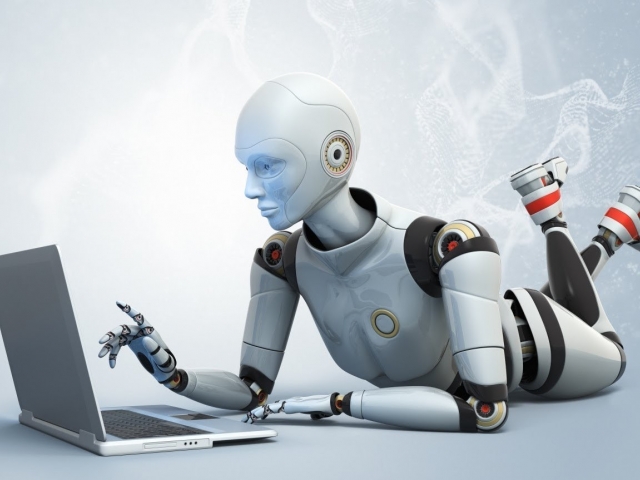
The experts consider the so-called theory FALC (Fully Automated Luxury (or Leisure) Communism) as one of the problem solving technique. The fundamental premise of the exotic theory is thinking of that every man can have almost everything what he wants. However a number of the left-leaning thinkers are worried that the present trends can provoke a war against the underclass.
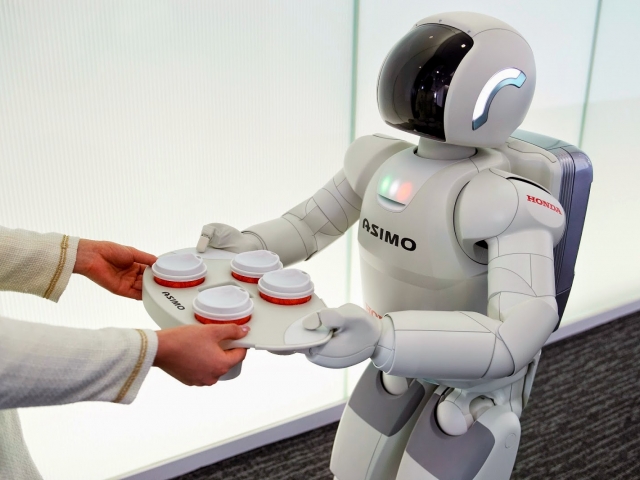
The FALC theory supposes that the humanity will enjoy the fruits of robots' labour. There is no need in money and its equivalent in such society. But it's still not clear who will be an owner of working robots in future. One more hypothesis from the leading experts is an opportunity of an universal basic income in years to come. The intention is in the fact that everybody gets a fixed minimum income irrespectively of whether he works or not. The President of the USA Barack Obama and a British Labour Party member John McDonnell are among the advocates of such an approach.
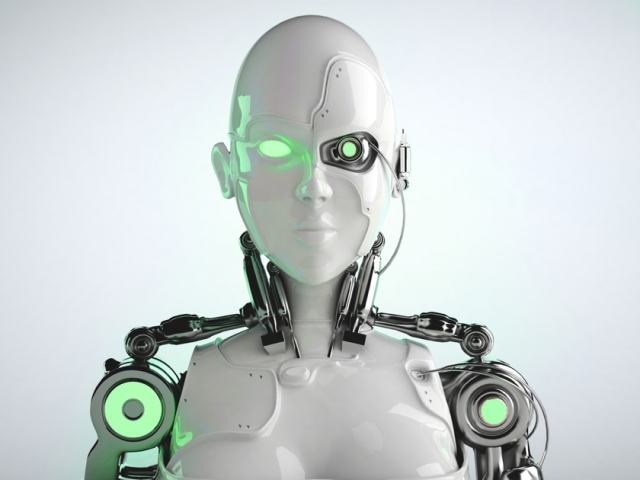
Nevertheless, the similar measures may not correspond public sentiments. The sensible rise of the social benefits to everybody – to billionaires and averange citizens – can turn a massively unpopular measure from a political perspective. A number of politicians couldn't foresee the serious consequences of the last industrial century's ending and the beginning of the new one. We can only hope for the best, especially for the solubility that would suit at least not everybody but many of them and would bring peace in the world.
 Български
Български 
 Русский
Русский English
English Bahasa Indonesia
Bahasa Indonesia Bahasa Malay
Bahasa Malay ไทย
ไทย Español
Español Deutsch
Deutsch Français
Français Tiếng Việt
Tiếng Việt 中文
中文 বাংলা
বাংলা हिन्दी
हिन्दी Čeština
Čeština Українська
Українська Română
Română
